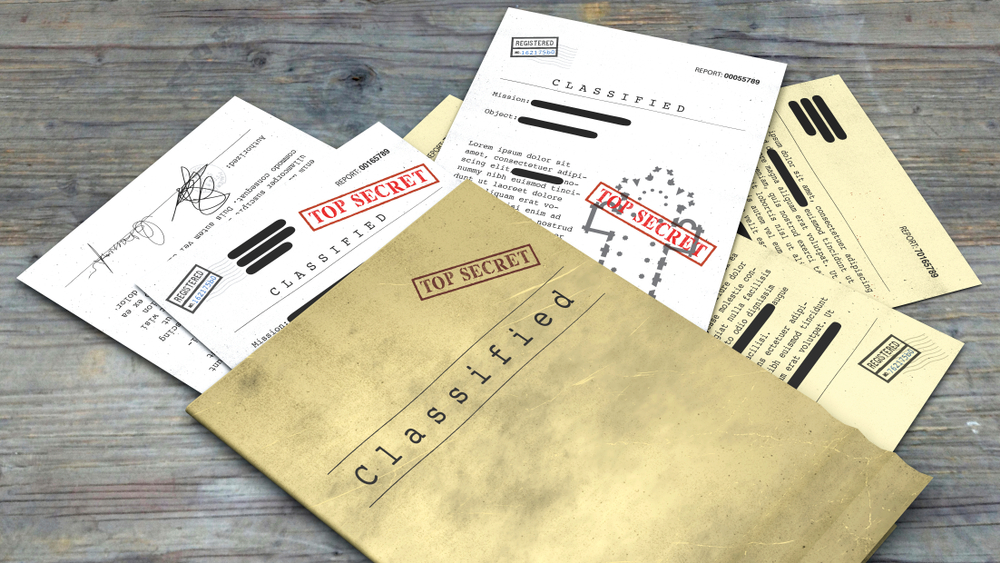A German federal government official has been arrested on suspicion of espionage on behalf of Russian intelligence, German newspaper Der Spiegel reported.
The male suspect was detained on Wednesday by officers from the Federal Criminal Police Office (BKA) in the Western German city of Koblenz after authorities acquired sufficient evidence to show he had offered to spy for the Russians.
According to German media, the suspect was an employee of the Federal Office for Equipment, Information Technology and Use of the Bundeswehr, an agency that equips the German military with material and weapons, and develops, tests, and procures defense technology.
His personal residence and workplace were both searched at the time of the arrest.
Der Spiegel reported that the suspect first contacted the Russian Consulate General in Bonn and the Russian Embassy in Berlin back in May of this year “of his own accord” and offered to work with them. He is understood to have made contact with Russian officials several times over the past few months and transmitted information acquired from his role within the federal agency “for the purpose of forwarding it to a Russian intelligence service.”
An ongoing investigation into the suspect’s activities, which included the involvement of the Federal Office for the Military Counterintelligence Service and the Federal Office for the Protection of the Constitution, resulted in a Federal Court of Justice judge issuing an arrest warrant.
Germany’s Federal Justice Minister Marco Buschmann confirmed the news on social media.
“The Federal Public Prosecutor today arrested a German officer who is strongly suspected of having worked for a foreign secret service,” he posted on X, formerly known as Twitter.
“Thank you to everyone who was involved. Vigilance remains the order of the day,” Buschmann added.
Marie-Agnes Strack-Zimmermann, an FDP member and chairwoman of the Bundestag Defense Committee, told Der Spiegel “that nothing can be ruled out anymore, not even that there are actually informers in our authorities who have no qualms about telling the Russians secrets to betray.”
“The case shows that the authorities for the protection of the constitution and the military counter-intelligence service have to be wide awake,” added Henning Otte, a CDU lawmaker and deputy chairman of the committee. “The government must explain to Parliament why this spy was only discovered now, so late.”






